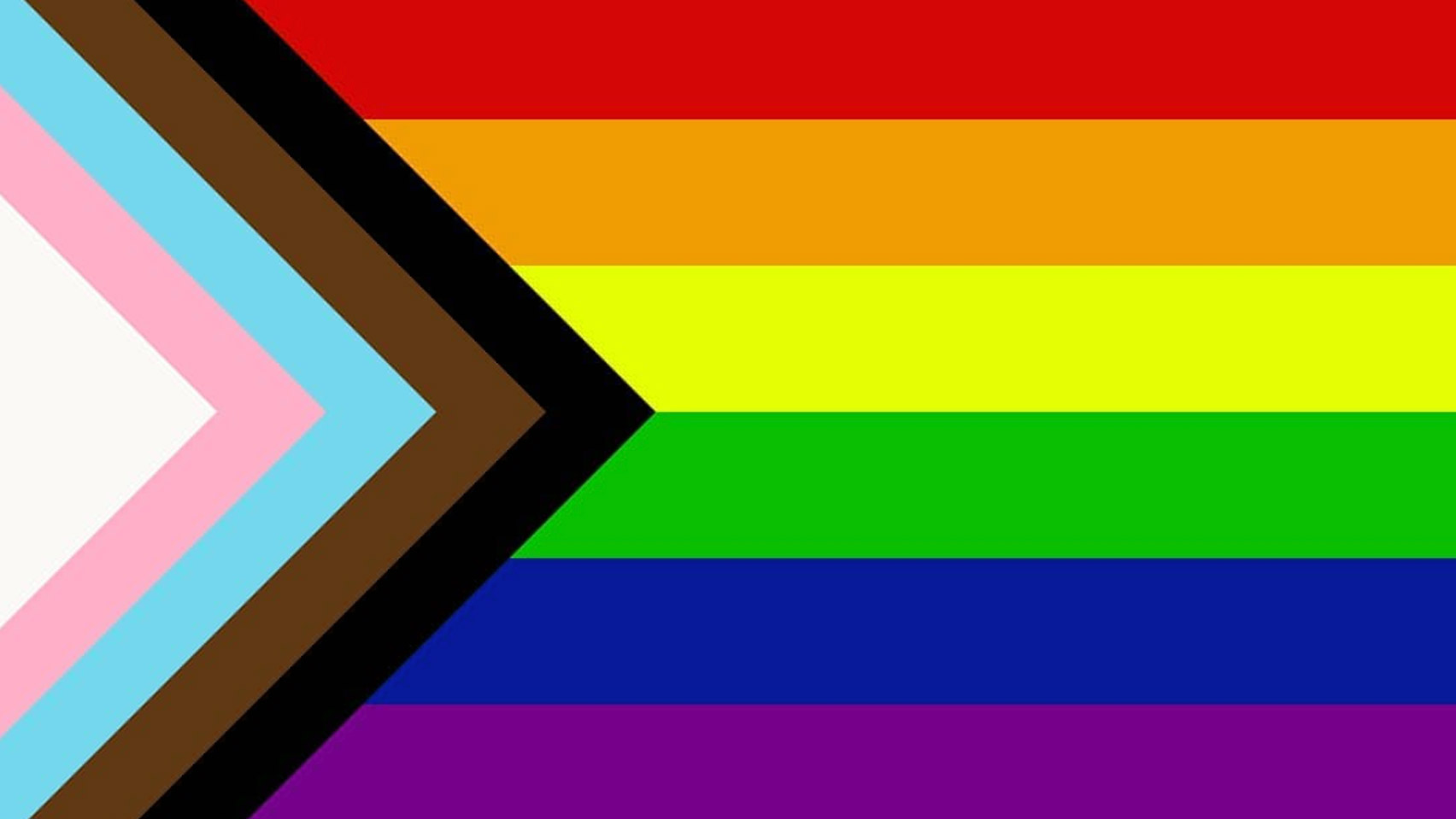
Part 1: IPV in 2SLGBTQIA+ Communities

Gender based violence (GBV) is pervasive in Two-Spirit, Lesbian, Gay, Bisexual, Transgender, Queer, Intersex, Asexual + (2SLGBTQIA+) communities, including intimate partner violence (IPV). It is stigmatized, invisiblized, known about and often neglected.
Rates of IPV are higher among 2SLGBTQIA+ populations than heterosexual ones. For example:
- While research related to trans people’s experiences of IPV is limited three in five or 60% of trans women in Canada have experienced IPV since the age of 16.- Sexual minority women are at least two times more likely than heterosexual women to experience IPV in their lifetime, and they are more likely to experience severe forms of it.
- More than half of sexual minority men, 54% have experienced IPV in their lifetime, which is a rate that is much higher than reported by heterosexual men at just over one-third or 36%. Sexual minority men were also twice as likely as heterosexual men to be victims of IPV in the past year and are five times more likely to experience sexual assault by an intimate partner than heterosexual men.
2SLGBTQIA+ communities also experience IPV in ways that target their gender identities and sexual orientations. For example, 2SLGBTQIA+ survivors of IPV may experience:
- “corrective” sexual violence- outing or threats to out survivors’ sexual orientation or gender identity
- controlling one’s gender identity by withholding gender affirming care needs
- being subjected to purposeful misgendering (i.e., use of incorrect pronouns), either privately or publicly
- being made to feel that bisexuality is not a ‘real’ sexual orientation (e.g., confused; afraid to come out; just experimenting)
- threats of ostracization from the 2SLGBTQIA+ community
- portrayals of IPV as mutual and even consensual
- verbal abuse related to someone’s gender identity, sexuality, or sex characteristics
IPV prevention and survivor support programs are predominantly geared towards heterosexual, cisgender people (meaning people who identify as the gender they were assigned at birth). Those intentionally responding to the needs of 2SLGBTQIA+ communities are limited or nonexistent in rural, remote regions and small. This points to a need for IPV related services to better support 2SLGBTQIA+ populations.
In the next blog in this series, we will look at some of the history that affects 2SLGBTQIA+ people’s decisions regarding engaging with IPV prevention and survivor support programs, as well as police.
(If you would like to view this blog with citations included please email nff@uwo.ca)
